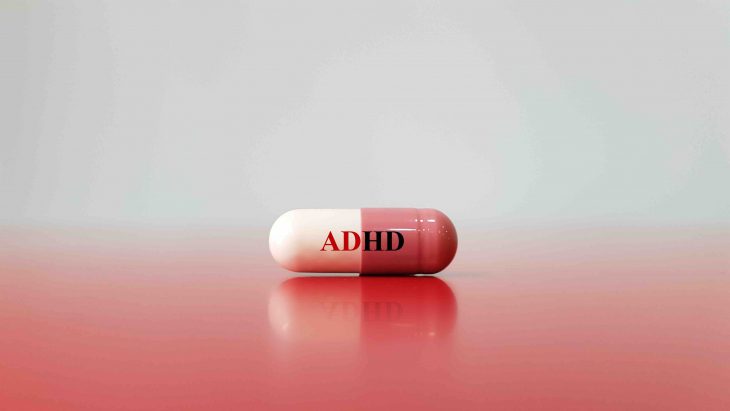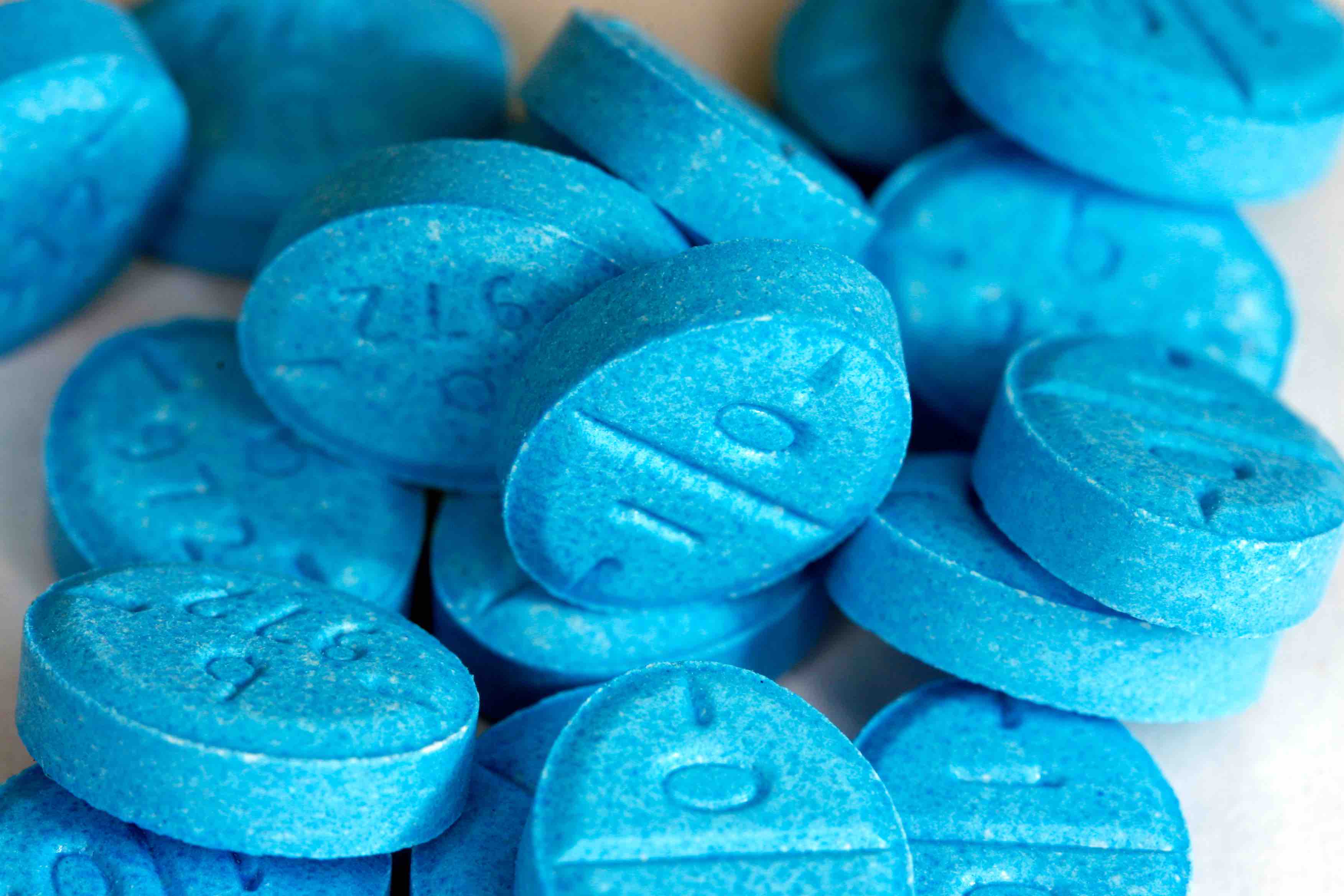
Adderall is a medication that has gained significant attention in recent years. Primarily prescribed to individuals with attention deficit hyperactivity disorder (ADHD), Adderall is a stimulant medication that can have both therapeutic and controversial implications. In this article, we will delve into the realm of Adderall and explore 11 intriguing facts about this widely discussed medication.
Medicinal Purpose
Adderall is commonly prescribed to individuals diagnosed with ADHD. It works by stimulating the central nervous system, helping to increase attention span, reduce impulsivity, and control hyperactivity. The medication consists of a combination of amphetamine salts, specifically dextroamphetamine, and amphetamine.
Controlled Substance
Due to its potential for abuse and addiction, Adderall is classified as a Schedule II controlled substance in the United States. This means that it has a high potential for misuse and is tightly regulated. Individuals prescribed Adderall should use it strictly according to their doctor’s instructions.
Off-Label Use
While Adderall is primarily prescribed for ADHD, it is sometimes used off-label for other conditions. These may include narcolepsy, treatment-resistant depression, and certain eating disorders. However, off-label use should only be done under the supervision of a qualified healthcare professional.
Side Effects
Like any medication, Adderall can have side effects. Common side effects may include increased heart rate, decreased appetite, difficulty sleeping, dry mouth, and irritability. It’s essential to discuss any concerns or side effects with your healthcare provider to ensure the medication’s appropriate use.
Impact on Mental Health
Adderall’s effect on mental health is a subject of debate. While it can be beneficial for individuals with ADHD, there are concerns about its impact on mental health when used by those without the condition. Some individuals may experience increased anxiety, restlessness, or mood changes while taking Adderall. Open communication with a healthcare professional is crucial to monitor and address any mental health concerns.
Long-Lasting vs. Immediate-Release

Adderall is available in two formulations: long-lasting (Adderall XR) and immediate-release (Adderall IR). The long-lasting version provides a gradual release of medication over an extended period, while the immediate-release formulation offers a more rapid onset and shorter duration of effects. The choice of formulation depends on the individual’s needs and the recommendation of their healthcare provider.
Prescription Guidelines
To ensure safe and effective use, Adderall should be taken exactly as prescribed by a healthcare professional. The dosage and frequency will depend on the individual’s condition, age, and other factors. It’s important to follow the prescribed guidelines, including avoiding sudden discontinuation of the medication.
Potential for Misuse
As a stimulant medication, Adderall has the potential for misuse and can be habit-forming. It is sometimes sought after for its ability to enhance focus and cognitive performance, leading to misuse by individuals without a legitimate medical need. Misuse of Adderall can have serious health consequences and legal implications.
Interaction with Other Substances
Adderall can interact with various substances, including alcohol, certain medications, and herbal supplements. It’s essential to inform your healthcare provider about any other substances you are taking to avoid potential interactions and adverse effects.
Monitoring and Regular Check-ups
For individuals prescribed Adderall, regular monitoring and check-ups are essential. Healthcare providers may monitor vital signs, such as blood pressure and heart rate, as well as assess the medication’s effectiveness and any potential side effects. Open communication and honesty about the medication’s impact are crucial for appropriate management.
Personalized Treatment Approach
The decision to use Adderall should always be made in consultation with a qualified healthcare professional. Each individual’s situation is unique, and a personalized treatment approach, considering the risks, benefits, and alternatives, is crucial. Healthcare providers carefully evaluate the individual’s needs, medical history, and response to the medication to determine the most appropriate course of action.
Final Word
FrequentlyAsked Questions (FAQs)
Is Adderall addictive?
Yes, Adderall can be addictive. It is classified as a Schedule II controlled substance due to its potential for abuse and addiction. Individuals should use Adderall strictly according to their doctor’s instructions and avoid misuse.
Can Adderall improve academic performance?
While Adderall is sometimes misused by students for its perceived cognitive-enhancing effects, its use for academic performance without a legitimate medical need is both unethical and illegal. Misuse of Adderall can have serious consequences and is not recommended.
Are there alternatives to Adderall for ADHD treatment?
Yes, there are alternative medications available for ADHD treatment, such as other stimulant medications (e.g., methylphenidate) and non-stimulant medications (e.g., atomoxetine). The choice of medication depends on various factors, and it is best to consult with a healthcare provider for personalized recommendations.
Can Adderall cause weight loss?
A common side effect of Adderall is decreased appetite, which can lead to weight loss. However, it is essential to discuss any concerns about weight changes with a healthcare provider, as they can provide guidance and monitor the individual’s overall health.
Can Adderall be used for weight loss purposes?
No, using Adderall for weight loss purposes without a legitimate medical need is both dangerous and illegal. The medication should only be used as prescribed by a qualified healthcare professional for the intended medical purpose.
Was this page helpful?
Our commitment to delivering trustworthy and engaging content is at the heart of what we do. Each fact on our site is contributed by real users like you, bringing a wealth of diverse insights and information. To ensure the highest standards of accuracy and reliability, our dedicated editors meticulously review each submission. This process guarantees that the facts we share are not only fascinating but also credible. Trust in our commitment to quality and authenticity as you explore and learn with us.
